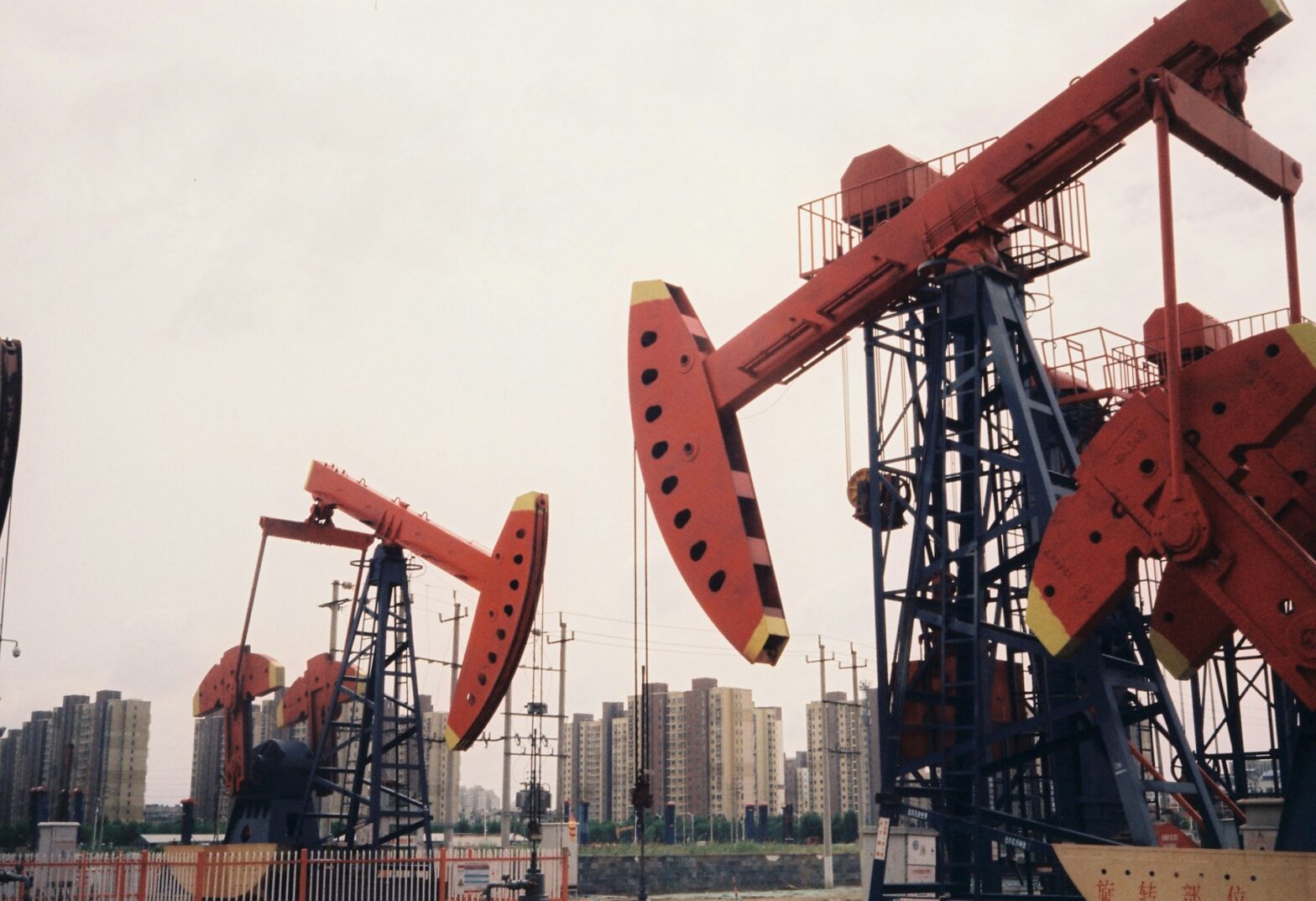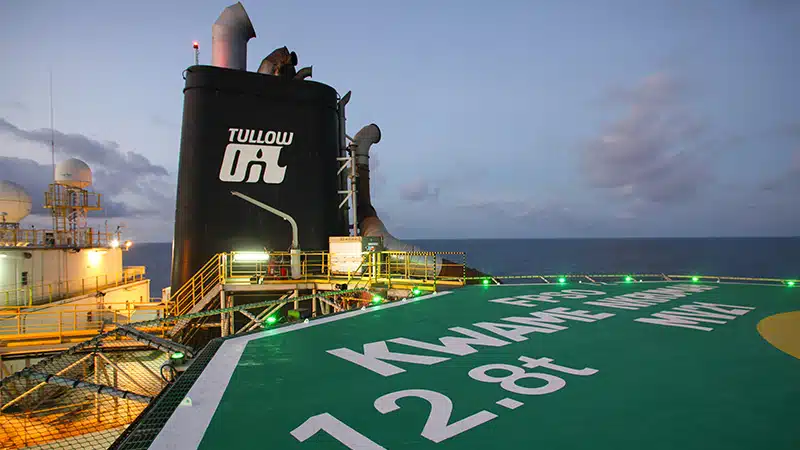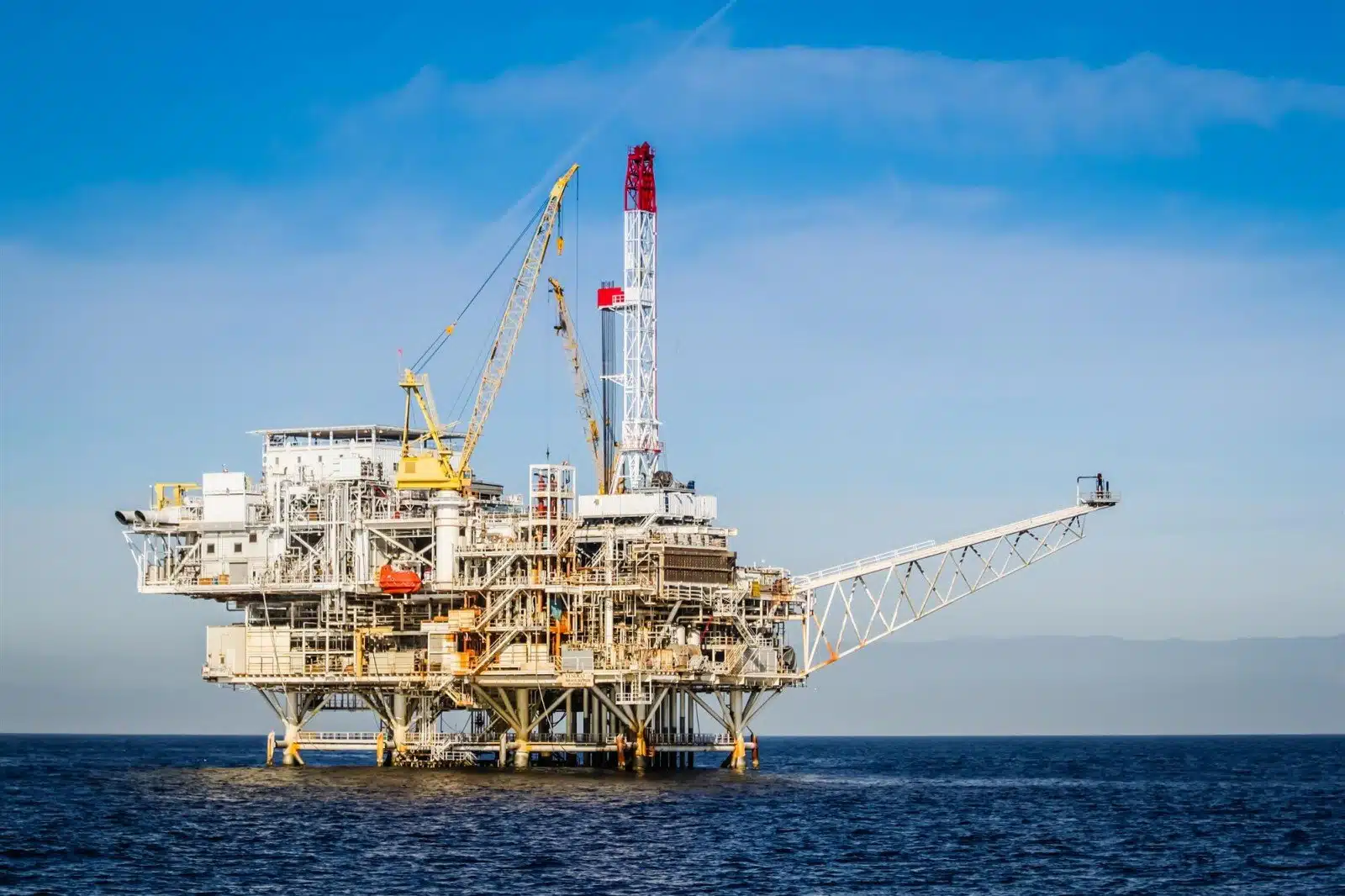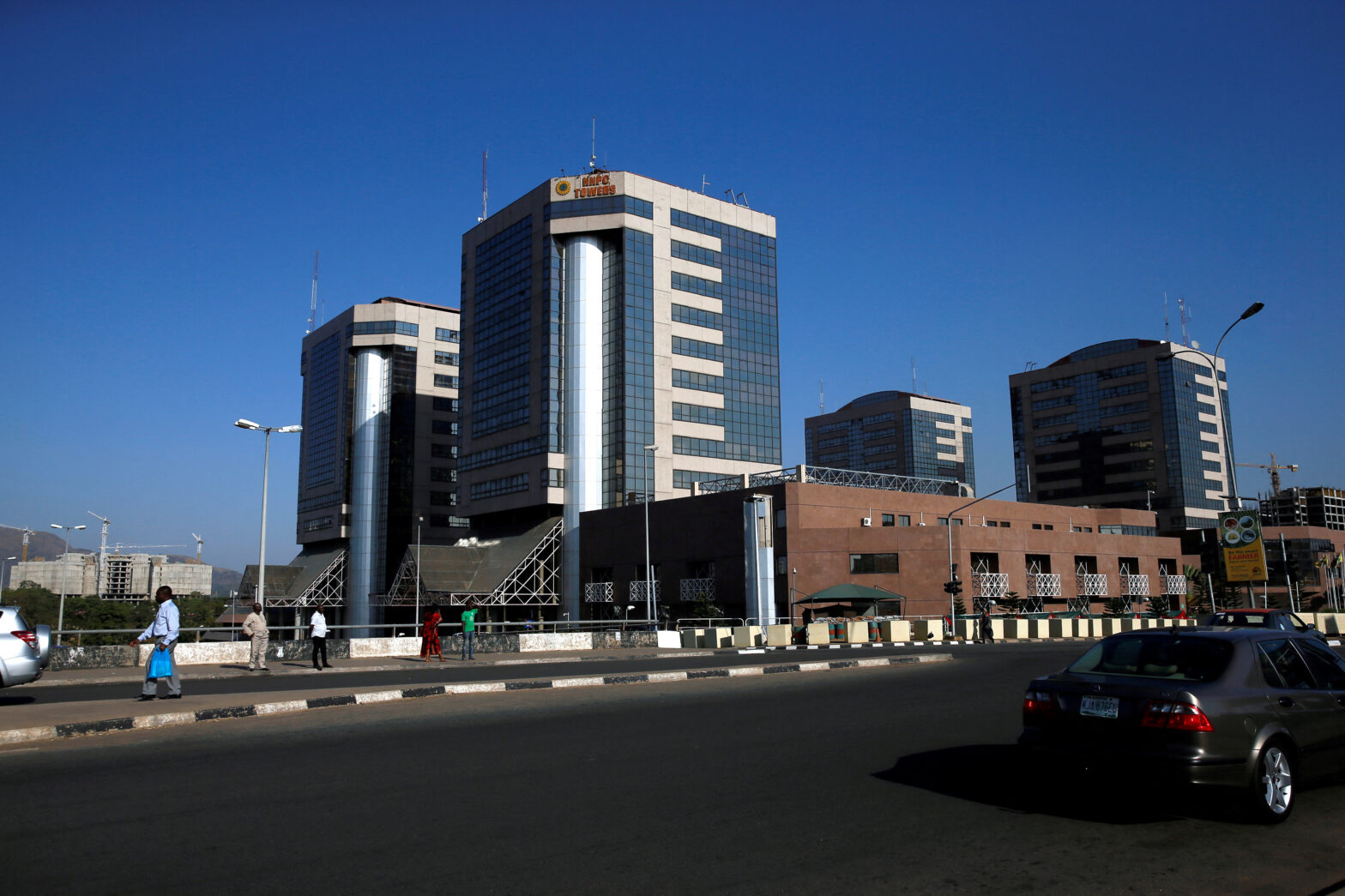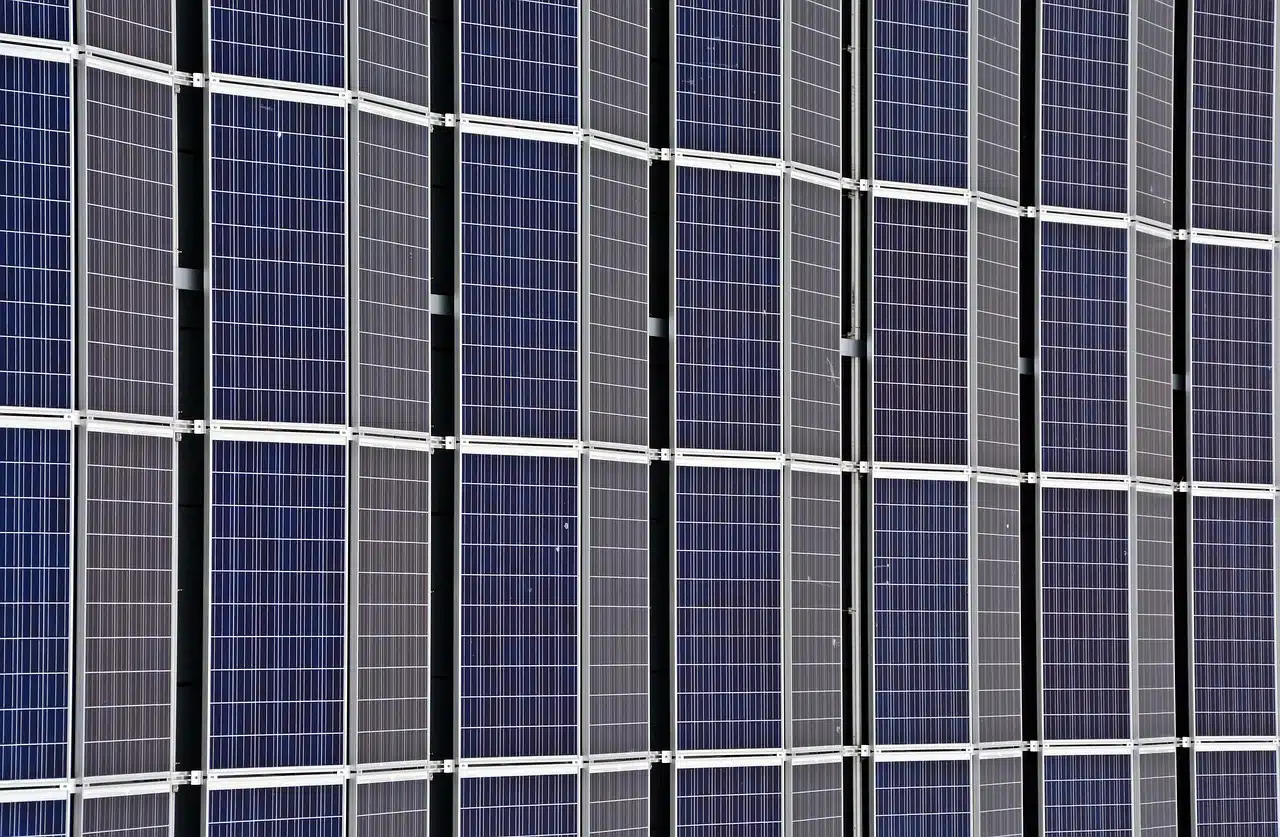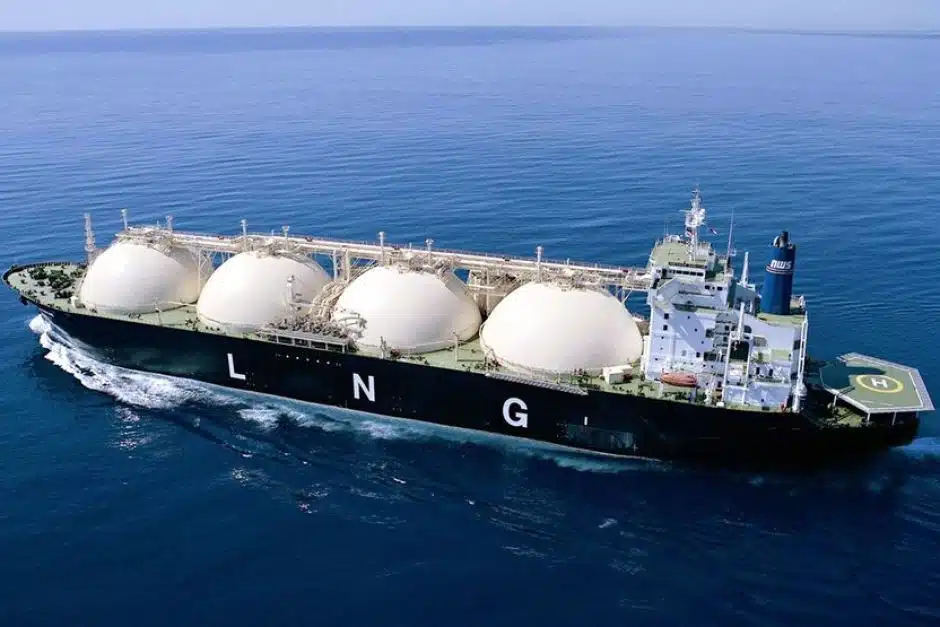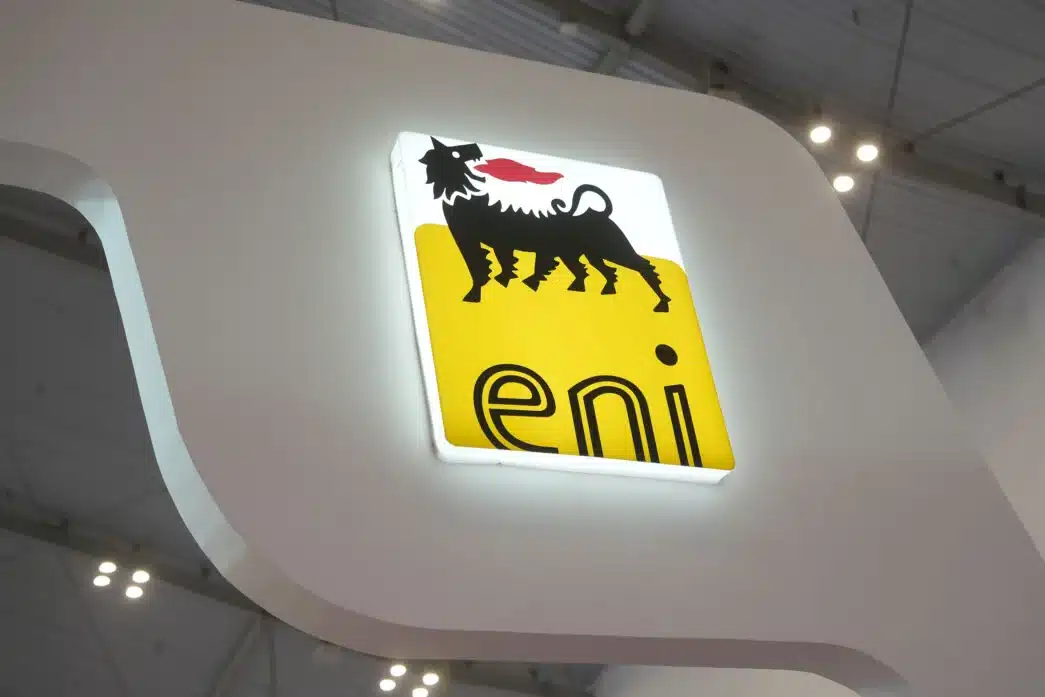Conflicts between oil and gas companies and green energy advocates are nothing new to the energy sector.
Every now and then across the continent, and even globally, the pendulum swings against planned exploration, drilling, or over adherence to environmental laws.
In countries like Nigeria, for instance, legal disputes have dragged on for decades — sometimes both in local and international courts.
Some of these disputes have led oil nations to abandon their assets or sell them off as losses continue to pile up.
The fact is, oil and gas companies face these challenges everywhere.
The interesting thing, however, is when two oil majors are struggling with the headache of environmental advocates in a country that does not even produce oil — South Africa.
Court battles and downstream exits
Since 2021, Shell and TotalEnergies have been slapped with different court injunctions and legal disputes in the African nation over adherence to community and environmental laws.
There have been various protests across the country from different groups, mainly led by the green body known as Greenpeace Africa.
The tension has been so intense that it led to Shell exiting the onshore environment of the nation.
In the downstream sector, the Dutch company is also moving to sell its $1 billion assets owned alongside local oil firm, Thebe Investment Corporation.
Shell owns about 600 service stations and is a major retailer of petroleum products in the country.
Its refinery operations were suspended in 2022 alongside BP, as the South African Petroleum Refineries (SAPREF) stopped production due to strategic uncertainty, aging infrastructure, and lack of government clarity on refining policy.
But the main thrust of Shell and Total’s predicament in South Africa lies in the upstream operations.
A country without oil, yet full of interest
The irony is that, unlike countries such as Nigeria, Angola, and Equatorial Guinea, South Africa doesn’t produce sufficiently commercial oil and gas.
With a total production of about 1,000 barrels per day, the continent’s most industrialized nation is not even considered an oil producer.
Most of its liquid fuel production comes from synthetic fuels, especially through coal-to-liquid (CTL) and gas-to-liquid (GTL) processes — notably the Sasol facility in Secunda.
The country imports most of its refined products, and there’s little prospect of tapping its modest gas reserves in the near future.
So why then are two of the most valuable supermajors present in the country?
Primarily, Shell and Total’s footprint goes beyond South Africa itself. It’s a strategic placement for their assets in Namibia, a neighboring country where massive oil discoveries have recently been made.
South Africa sits on the southern tip of the Atlantic and Indian Ocean margins, which are geologically linked to the Orange Basin and Namibe Basin in Namibia and Angola.
In Namibia, TotalEnergies and Shell have both struck giant oil finds — the Venus and Graff fields — since 2022, each estimated to hold billions of barrels.
The same Orange Basin extends into South African waters, meaning there’s a real chance of similar discoveries on the South African side.
Beyond the potential discoveries themselves, a closer relationship with South Africa also provides a strategic maritime corridor for transporting oil and gas extracted offshore Namibia.
If discoveries become commercial, offshore gas or oil could be exported through Mossel Bay and Saldanha Bay corridors or linked to southern African demand hubs such as South Africa, Mozambique, Botswana, and Namibia.
South Africa could even become a hub for refined or LNG exports to Asia and Europe — something the government has encouraged under its Operation Phakisa: Oceans Economy policy.
In short, despite the incessant pushback from green groups, the strategic footprint means the oil majors wouldn’t mind playing the long game.
The high risks and long-term rewards
Total plans to sign a Final Investment Decision (FID) on its Venus discovery next year, with initial oil production expected in 2029.
Preliminary estimates from the deep offshore block stand at about 160,000 barrels per day, a huge milestone that will add to the French major’s hydrocarbon portfolio.
Such prospects are not far-fetched for Shell either. The British oil major also sees huge oil potential in its Orange Basin blocks in Namibia.
Despite writing down $400 million on its key Orange Basin discoveries in January, Shell CEO Wael Sawan said the company will begin fresh exploration in Namibia next year.
Billions of dollars have already gone into investments by both supermajors.
The risks are high, but the long-term rewards seem even higher.
The green energy advocates, however, do have a point.
Environmental Impact Assessments (EIA) matter for oil majors to adhere to, particularly when there’s potential for huge oil and gas extraction that could lead to environmental damage or oil spills.
In Nigeria, for instance, pipeline sabotage and major oil spills in the oil-rich Niger Delta have led to mass displacement of rural dwellers.
Shell, an alleged culprit in many of these incidents, has spent over $80 million on cleanup efforts and legal disputes in the region.
After continued losses, the company opted to sell its onshore assets to a consortium of local oil firms earlier this year.
Despite its exit, there are major concerns over who will take ownership of the spill liabilities, as some insist the blame should still fall on Shell.
South Africa’s energy dilemma and the path forward
South Africa, on its part, relies heavily on coal for its energy needs while importing most of its refined fuel and LNG.
Its dependence on coal results in high carbon emissions.
According to a recent report, over 40% of households are exposed to health-related hazards from coal emissions.
The rise in oil and gas activities in the country could mean an even greater carbon footprint — which has fueled the ongoing campaign against Shell and Total’s offshore blocks along the rainbow shores.
South Africa, under its Green Energy Initiative, hopes to fully transition to zero carbon emissions by 2040 — a goal many have questioned in terms of feasibility.
In a recent press report, Total implied that its patience is running out and that it might halt oil and gas exploration in the country altogether.
Shell, on the other hand, has been more reserved, planning to appeal its revoked rights in the Orange Basin shore.
Either way, both oil majors know they have more to gain than to lose in Africa’s largest economy.
The recent trend among Western oil and gas firms — Shell and Total included — is to dispose of aging assets in countries where they’ve operated for decades, while searching for frontier markets for exploration and drilling.
These frontier markets include Namibia, Uganda, Mozambique, and potentially South Africa — if its gas reservoirs are allowed to be explored.
Reports suggest these oil majors could collectively drill over 300,000 barrels per day from Africa’s shores in the coming decades.
South Africa serves as an entry hub for the regional market and offers logistical convenience for frontier markets like Namibia and Mozambique.
Total, for instance, plans to invest $20 billion in a mega LNG project in Mozambique, the biggest foreign investment by an oil major in Africa so far.
When that project comes on stream, possibly within the next decade, maritime transportation to Europe and America would require passage through the South Atlantic Ocean — another reason why leaving South Africa isn’t an option for these companies.
Shell has said it is working to meet all required guidelines to have its exploration rights reinstated in the Northern Cape Ultra Deep (NCUD) oil and gas project.
The company is also collaborating with the South African government to include energy transition initiatives as part of its investment portfolio in the country.
These are welcoming moves.
For South Africans, the reaction may have been overstated.
While oil exploration can be frowned upon, most countries now recognize natural gas as a transition fuel with lower carbon emissions.
Give or take, LNG is a better alternative to coal if the conversation is truly about energy transition and environmental concerns.
The important thing is for both parties to find a balance — one that ensures energy security while addressing environmental worries.
Protests, barricades, and sometimes violence, as seen in places like Mozambique and Uganda, only divert attention from true investment and prosperity.
South Africa offers huge potential to become Africa’s major gas market hub, even if not as an oil producer, but as a crucial player in the value chain for the continent’s economic development and prosperity.



